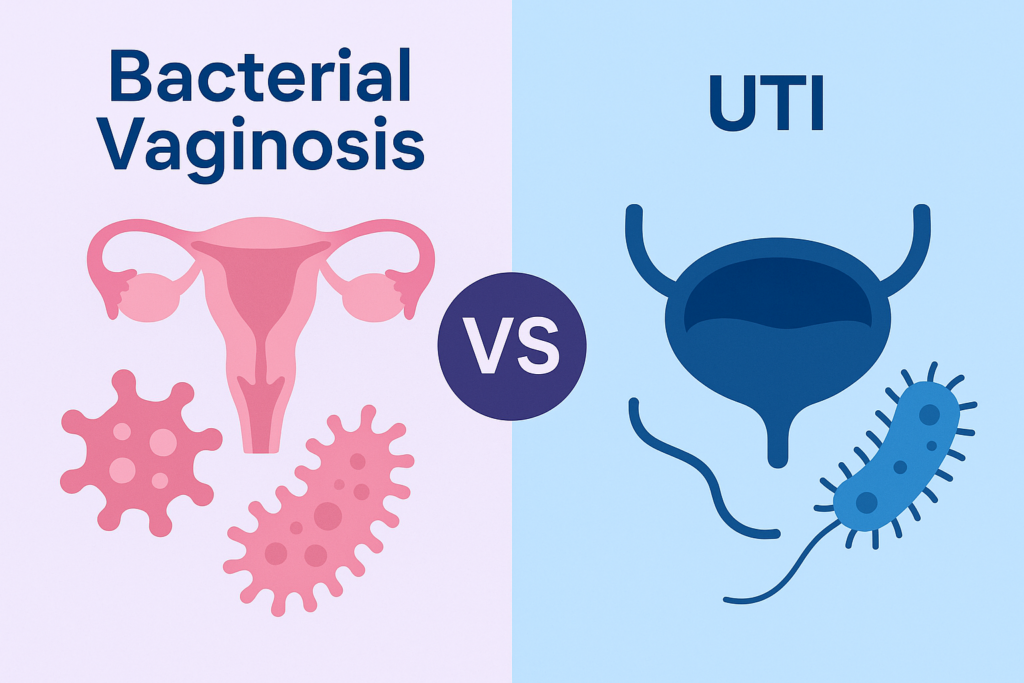HIV, or human immunodeficiency virus, is a condition that affects millions of people worldwide. While it can impact anyone, regardless of gender, women may experience some unique symptoms and challenges when it comes to HIV infection. Understanding the early signs of HIV in females, such as fever, fatigue, and swollen lymph nodes, is crucial for…









